We as Aromatherapists see this every time especially when on social media like Facebook. I actually saw a post by a fellow aromatherapist who talked about this same subject and she is so right so I wanted to give my take too. I belong to many Aromatherapy groups and when I look at posts there is always someone saying: "I got this rash all over my body or I have not slept in weeks, or my toes hurt etc etc". Then the next thing you see is 50 answers from well meaning people with so much advice it makes your head spin. Some one says "Use Lavender it will allow you to sleep all night", "Have you tried Almond oil it might help with the rash," "oh for your back have you tried Wintergreen?" Has any of these well meaning people thought first: Is she allergic to Lavender? how about that this other person might be allergic to nuts and you are now recommending Almond Oil?, and last but not least for the one with back pain, umm, wintergreen essential oil should not be used with individuals on anticoagulant medication because this chemical methyl salicylate which is in this oil, can increase the effects of blood thinners which can cause hemorrhaging even used topically. What if she is on a blood thinner?
Now if these 50 people told her she should talk to a trained Professional Certified Aromatherapist I guarantee you this would stop happening. I am betting at least 3/4 of these people have not had enough education in Aromatherapy. Some took a class or two, some actually read a book about Aromatherapy. Certified Aromatherapists, lets see, It took me 1 year to be certified. I went to a reputable school where I had to take a course (that actually took me months to complete) on Aromatherapy, pass a 50 question test, do 20 case studies on humans and write a very large research paper, also take an Anatomy and Physiology Course (again months to complete and pass its 50 quite hard test) then I became certified. Add to the fact I took another extensive certification course in aromatic medicine, plus the numerous other courses I took, and actually are still taking because things change all the time, and to keep my certification where I am now a clinical aromatherapist, I have to take continuing education courses to keep my certification. I am asking those out there to please think before you answer one of the questions thrown out on social media.
Also btw it is a profession. Once I became an Aromatherapist I realized what doctors go through when they go to social gatherings. Hey Dr Brown can you give me advice please my head is falling off my body, can you recommend what I can do? as he spoons the dessert into his mouth at our friends wedding. Well actually now I get the same thing when I go to a social gathering. Robin can you please recommend an essential oil I can use for the dark spot on my face or the pain in my foot?. LOL now a days I do not tell anyone what I do in social gatherings. And forget when I am on facebook, do people have radar? they know when I am on? I open my ipad and all of a sudden I have 20 msgs and half of them are for advice? Now I do not mind giving free advice occasionally but as long as it is general and educational but if you have a problem set up an appointment with me via the telephone or skype or see me in person and we can go over everything about you, the meds you are on or not, the allergies you have to certain plants, which plants smell nice or not to you, and a few other things I need to know about the whole you. Please do not get insulted when I tell you I will not give you free advice. Dr Brown tells you to make an appointment at his office and he gets paid for that, well guess what? so do I.
We as Educated Trained Professional Aromatherapists, we work very hard at what we do and we are entitled to be paid for what we do.
So to end I am asking everyone to take a step back and really read what I wrote and please do not be insulted it is not meant in anyway to insult, it is to educate, which is my main focus.
Now if these 50 people told her she should talk to a trained Professional Certified Aromatherapist I guarantee you this would stop happening. I am betting at least 3/4 of these people have not had enough education in Aromatherapy. Some took a class or two, some actually read a book about Aromatherapy. Certified Aromatherapists, lets see, It took me 1 year to be certified. I went to a reputable school where I had to take a course (that actually took me months to complete) on Aromatherapy, pass a 50 question test, do 20 case studies on humans and write a very large research paper, also take an Anatomy and Physiology Course (again months to complete and pass its 50 quite hard test) then I became certified. Add to the fact I took another extensive certification course in aromatic medicine, plus the numerous other courses I took, and actually are still taking because things change all the time, and to keep my certification where I am now a clinical aromatherapist, I have to take continuing education courses to keep my certification. I am asking those out there to please think before you answer one of the questions thrown out on social media.
Also btw it is a profession. Once I became an Aromatherapist I realized what doctors go through when they go to social gatherings. Hey Dr Brown can you give me advice please my head is falling off my body, can you recommend what I can do? as he spoons the dessert into his mouth at our friends wedding. Well actually now I get the same thing when I go to a social gathering. Robin can you please recommend an essential oil I can use for the dark spot on my face or the pain in my foot?. LOL now a days I do not tell anyone what I do in social gatherings. And forget when I am on facebook, do people have radar? they know when I am on? I open my ipad and all of a sudden I have 20 msgs and half of them are for advice? Now I do not mind giving free advice occasionally but as long as it is general and educational but if you have a problem set up an appointment with me via the telephone or skype or see me in person and we can go over everything about you, the meds you are on or not, the allergies you have to certain plants, which plants smell nice or not to you, and a few other things I need to know about the whole you. Please do not get insulted when I tell you I will not give you free advice. Dr Brown tells you to make an appointment at his office and he gets paid for that, well guess what? so do I.
We as Educated Trained Professional Aromatherapists, we work very hard at what we do and we are entitled to be paid for what we do.
So to end I am asking everyone to take a step back and really read what I wrote and please do not be insulted it is not meant in anyway to insult, it is to educate, which is my main focus.


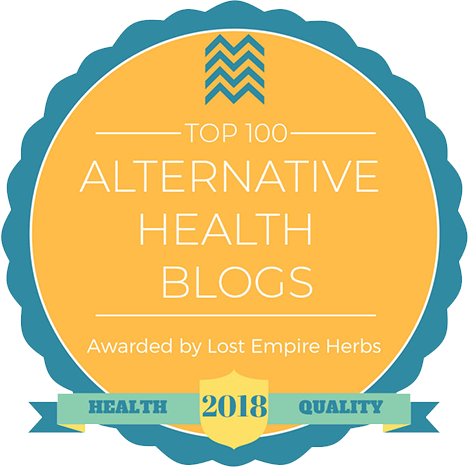
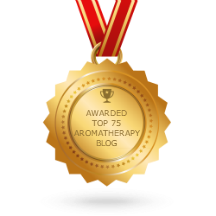
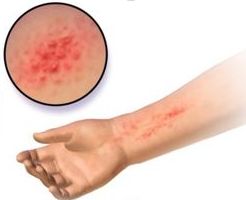
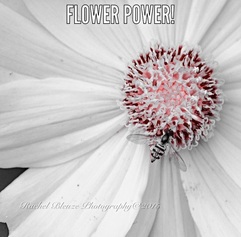
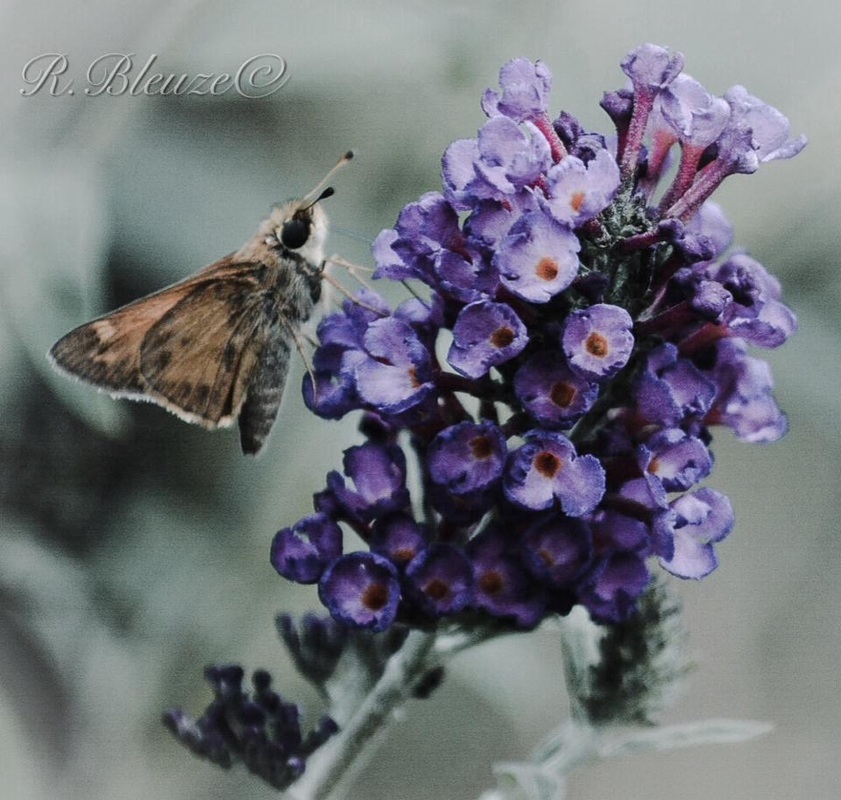
 RSS Feed
RSS Feed

